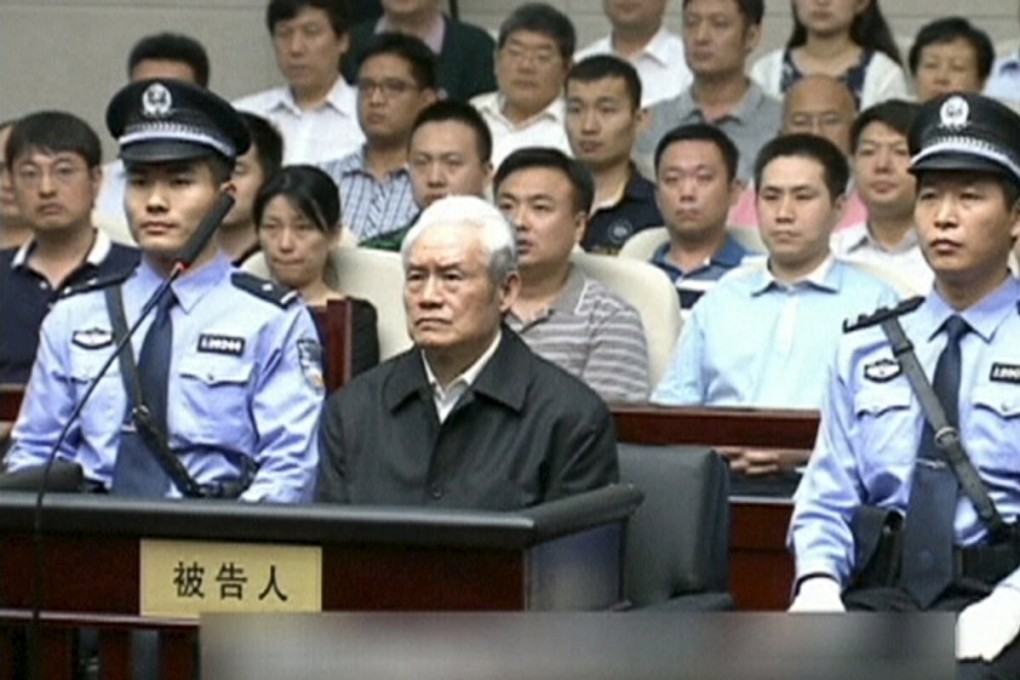China’s corruption busters warn ‘poisonous elements’ are still part of domestic security apparatus
- Inspectors from the Communist Party’s top disciplinary body say not enough has been done to root out the influence of fallen officials
- The public security ministry and Shaanxi province have been singled out for criticism over the toxic legacy of the ‘big tigers’ jailed for graft

A series of reports published on Monday by the Central Commission for Discipline Inspection (CCDI), the country’s top anti-corruption body, said that not enough had been done to root out “poisonous elements” in organisations such as the Ministry of Public Security, where a string of senior leaders have fallen as a result of corruption investigations.
The security apparatus has been a key area for President Xi Jinping’s anti-corruption drive since he came to power in 2012.
The commission said its investigation of the ministry which controls millions of policemen and domestic security agents, has not “made enough effort to eliminate the poisonous influence of Zhou Yongkang, [former Interpol head] Meng Hongwei and [ex-deputy minister for public security] Sun Lijun and not enough supervision and control over executive power in key areas and processes.”
Zhou, the former head of the Central and Political Legal Affairs Commission, the country’s top law enforcement agency, was jailed for life in 2015 for taking bribes, abusing power and leaking state secrets.
Meng, whose disappearance on a return visit to China from Interpol’s headquarters in France made headlines around the world, was jailed for 13 and a half years in January last year. His former colleague Sun, who has not yet appeared in court, was placed under investigation in April.